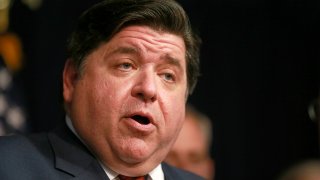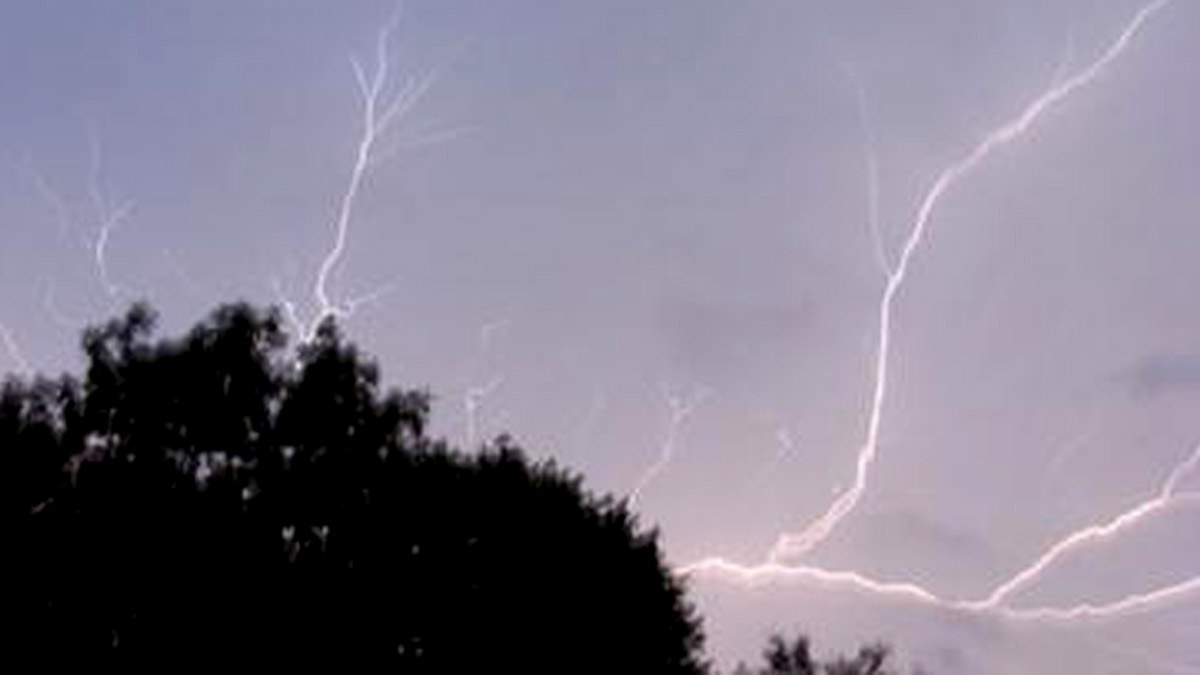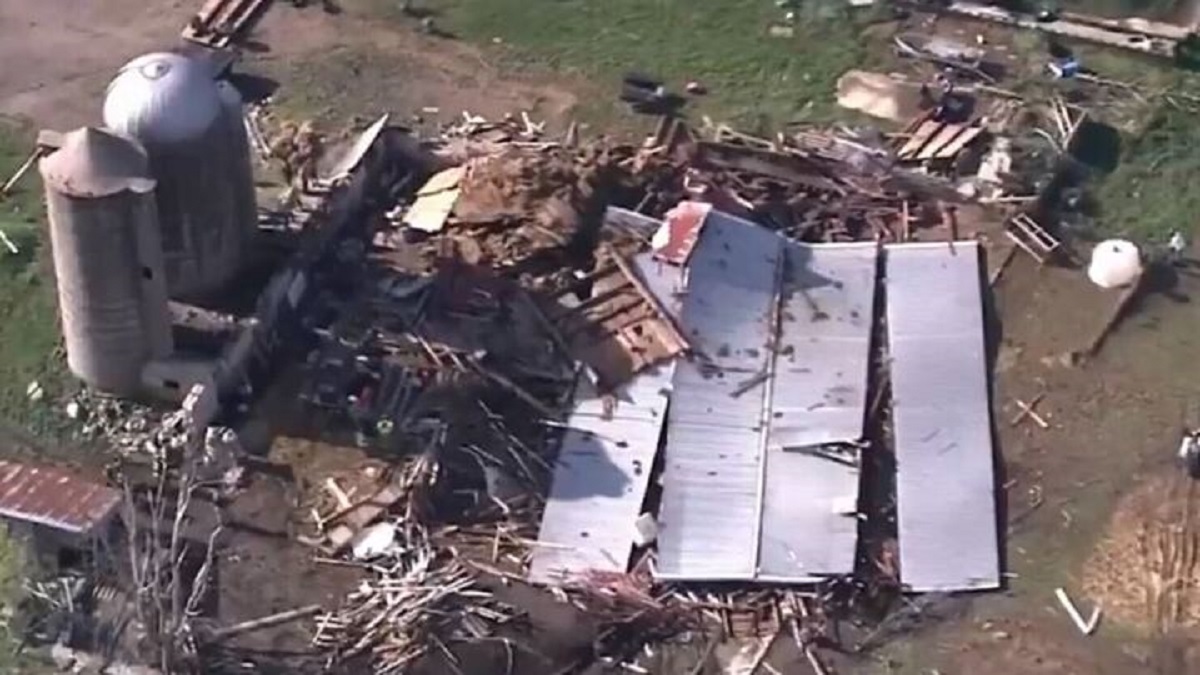
Early childhood education in Illinois would be administered by a separate state agency, combining disparate services that bind parents in red tape, under a proposal Gov. J.B. Pritzker unveiled Tuesday.
The Democrat announced the plan in Chicago on the first day of the General Assembly's fall veto session in Springfield, where the speaker of the House saw his plan allowing legislative staff to unionize advance for a floor vote.
Among other issues, discussion of financial help for Chicago to care for 14,000 migrants has been delayed, but Pritzker's vetoes of measures to lift a 35-year-old moratorium on new nuclear reactors and tighter protections for workplace privacy are in play.
The re-organization of early childhood services would combine programs administered by three separate agencies. Pre-school funding is disbursed by the State Board of Education; the Department of Human Services handles intervention services, home visits and child care assistance; and day care centers are licensed by the Department of Children and Family Services.
The program needs unified governance that focuses on children and families, “easing the burden on providers and promoting equity,” Pritzker said. “This transition won’t happen overnight, but the work must begin now.”
Pritzker signed an executive order “to get this process started so that we can have better coordinated state funded programs, more equitably allocated resources, less bureaucracy.”
Ann Whalen, with the education advocacy organization Advance Illinois, will serve as transition director.
Local
Ireta Gasner, vice president of Illinois policy for the advocacy group Start Early, called Pritzker's plan “a unique, historic pledge to redesign and transform how we serve Illinois families with young children.” She said that a successful launch depends on ensuring that experts in early learning are part of the discussions.
In Springfield, House Speaker Emanuel “Chris” Welch, a Hillside Democrat, won Executive Committee approval for a proposal allowing legislative staff, from partisan analysts to custodians, to join a collective bargaining unit. It would exclude managers and other confidential employees engaged in shaping policy.
Feeling out of the loop? We'll catch you up on the Chicago news you need to know. Sign up for the weekly Chicago Catch-Up newsletter here.
“Something I remain firm on is that this legislation must give employees equal opportunity to join a union and make their voices heard,” Welch said.
Legislative staff jobs are taxing, with long hours. They also provide valuable experience and lead to future careers as lobbyists, liaisons with state agencies and even legislators, said Kelly Kupris, a House education analyst representing the Illinois Legislative Staff Association. But Kupris told the committee there is too much turnover and that a survey of staffers found that more than three-quarters struggle to pay bills and more than one-third have taken a second job.
Minimum starting salary for a legislative coordinator, which requires helping members develop their agendas, draft bills and follow them through the process, among other things, is $43,000, along with health and life insurance and a state pension.
The committee approved the legislation 8-0 with four Republicans voting “present.” Rep. Ryan Spain of Peoria, the committee's ranking Republican, said it's “primarily an issue that the House Democrats are working to figure out.”
Johnson, the Chicago mayor, had sought action to help migrants while lawmakers meet through Thursday and again Nov. 7-9. Texas Gov. Greg Abbott has shipped thousands of people crossing over from Central and South America to “sanctuary cities” such as Chicago, where law enforcement agencies are prohibited from cooperating with federal immigration authorities.
Johnson did not get the reception he sought, but the delay means more time in the spring session to solidify a solution and urging the federal government to take the lead, said Rep. Kambium Buckner, a Chicago Democrat involved in the talks.
“We have to be more pointed with the Biden administration about the situation here on the ground and what we need," Buckner said.
Pritzker also vetoed legislation to allow development of modular power-producing nuclear reactors. It would lift a 1987 moratorium on new nuclear generators and won approval in both houses with 3/5th majorities, the margin necessary to overcome a veto.
Sponsoring Sen. Sue Rezin, a Republican from Morris, said she has enough support to overcome the veto — if the measure is called for a vote. House leaders and environmental advocates urged the veto, maintaining that rules regarding nuclear reactor oversight and waste disposal are sorely outdated.
Rezin said waste is stored safely at the state's 11 large-scale reactors. The Small Modular Reactors in her proposal produce far less waste, are much less expensive to build and maintain than the large plants and can be installed on location of large energy users, such as a steel mill, she said. Rezin added that nuclear power is a key part of the requirement that the state produce only carbon-free power by 2045.
___
AP reporter Claire Savage in Chicago contributed. Savage is a corps member for the Associated Press/Report for America Statehouse News Initiative. Report for America is a nonprofit national service program that places journalists in local newsrooms to report on undercovered issues.



